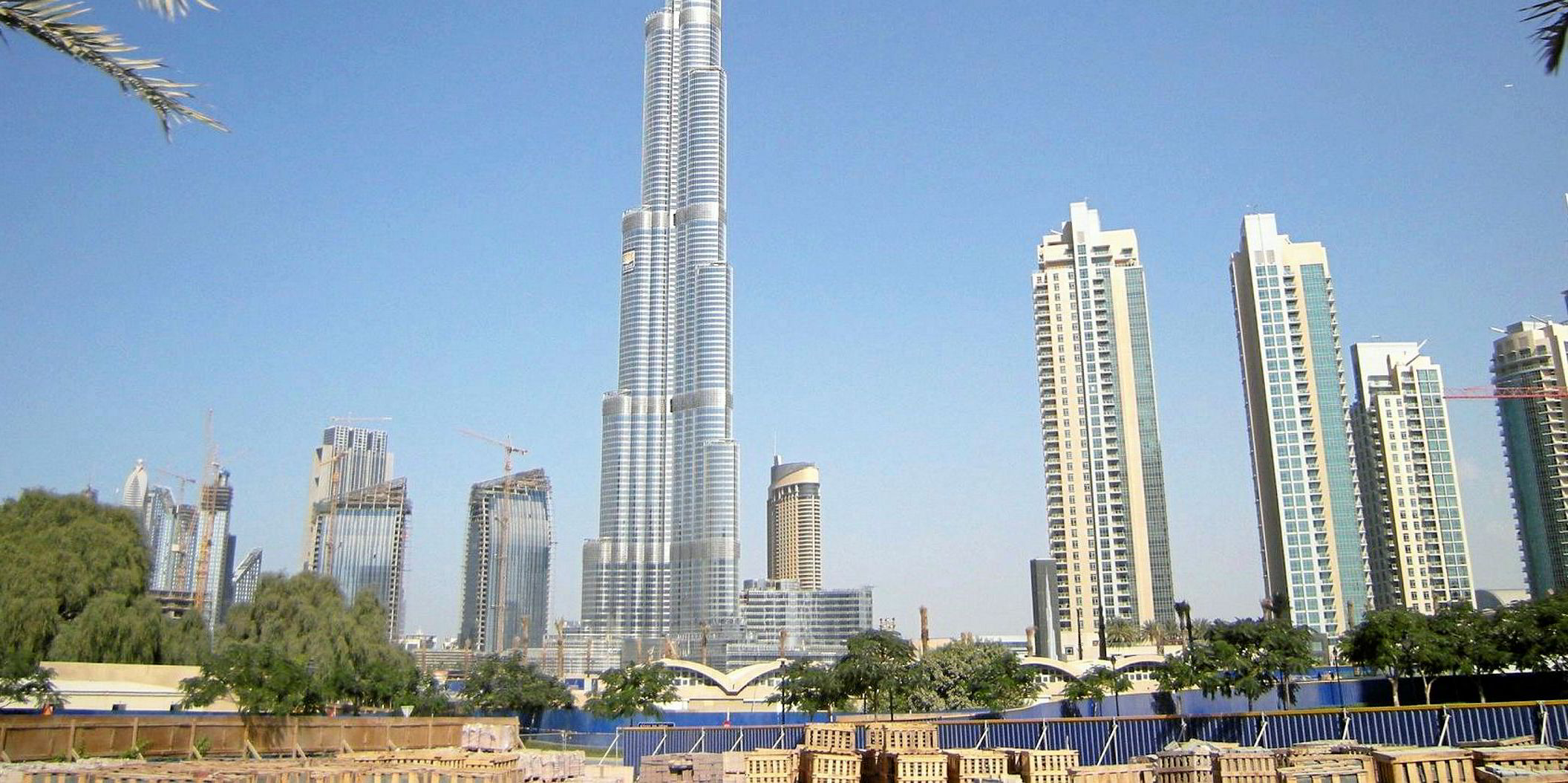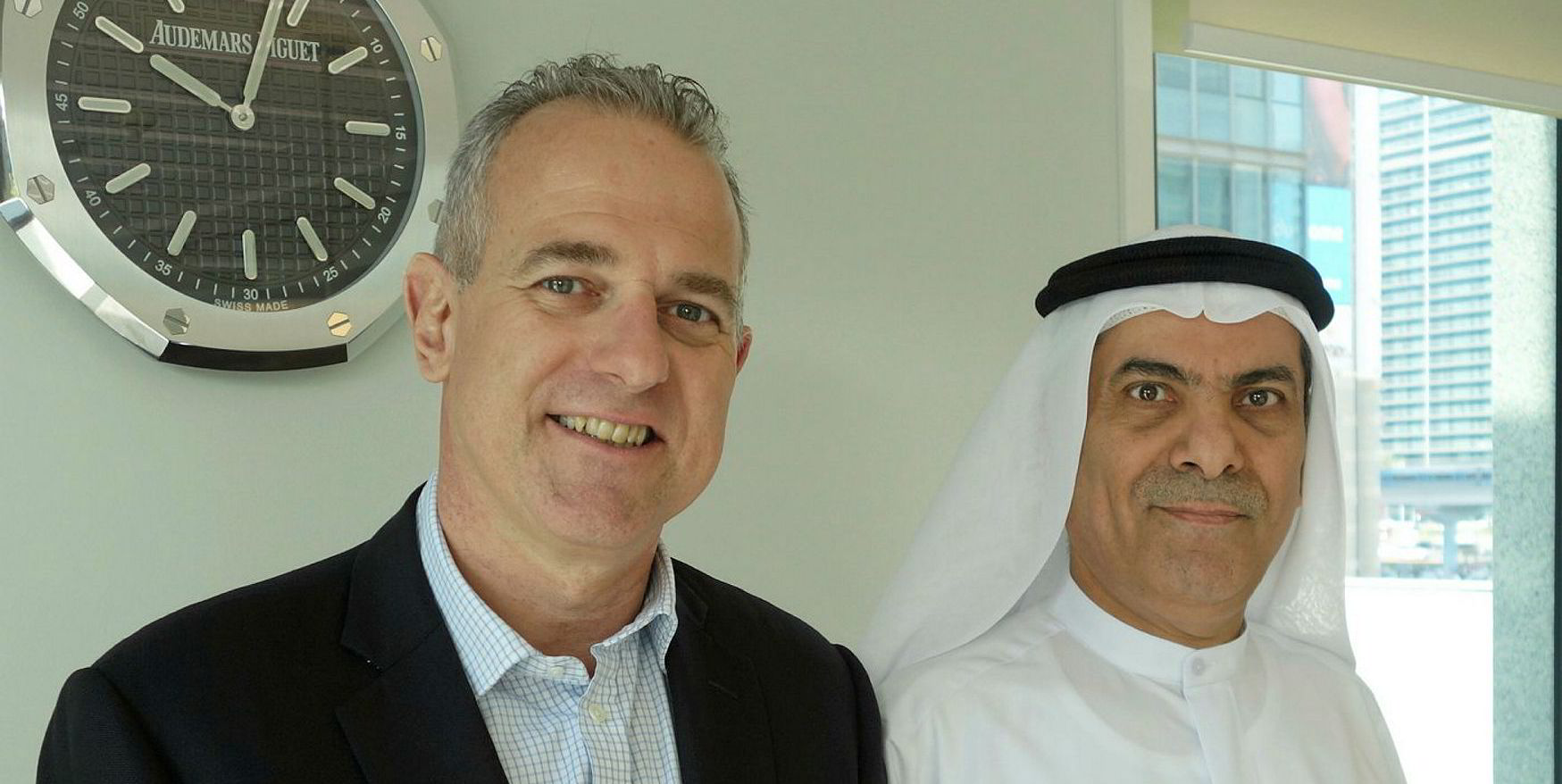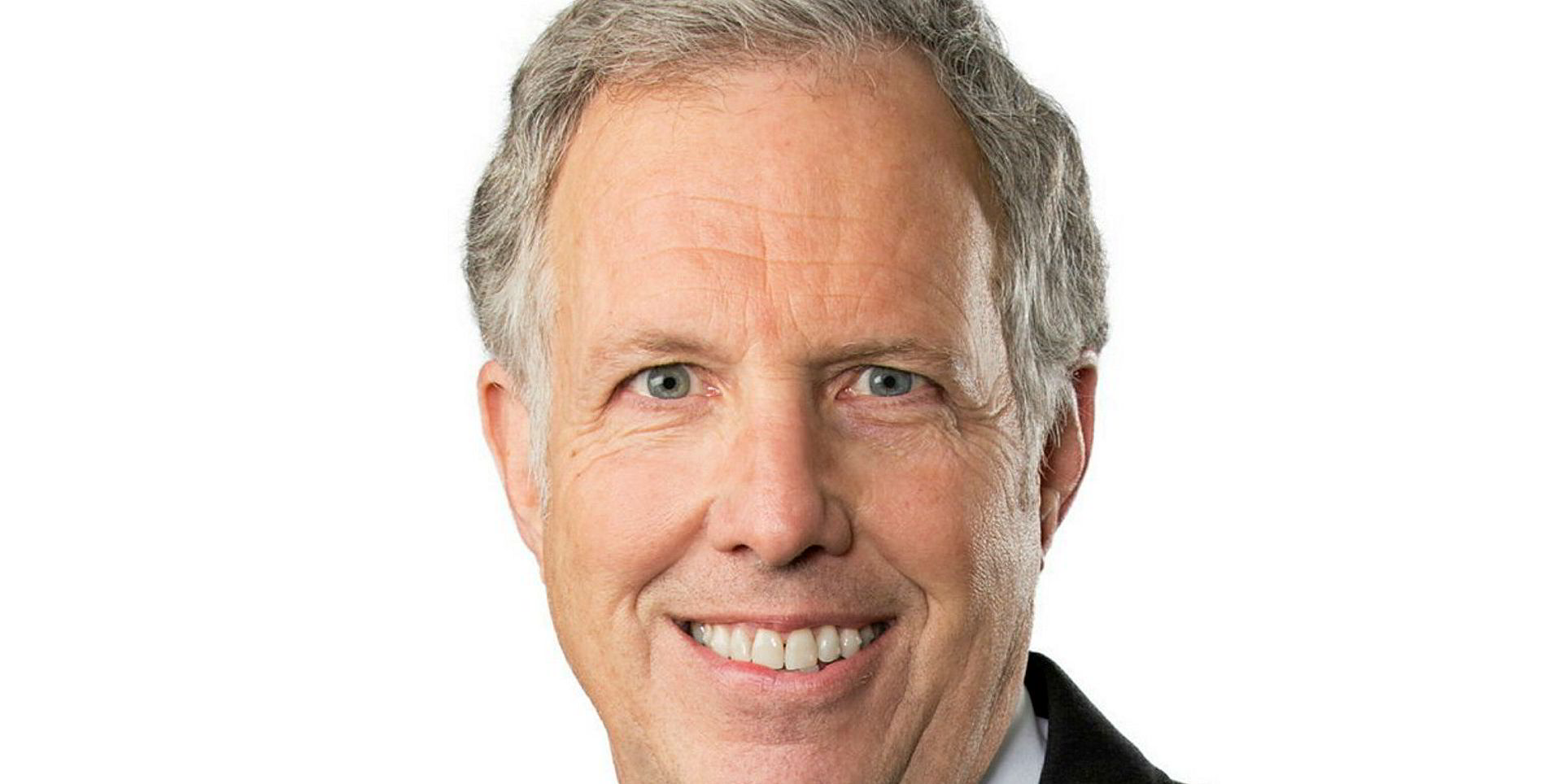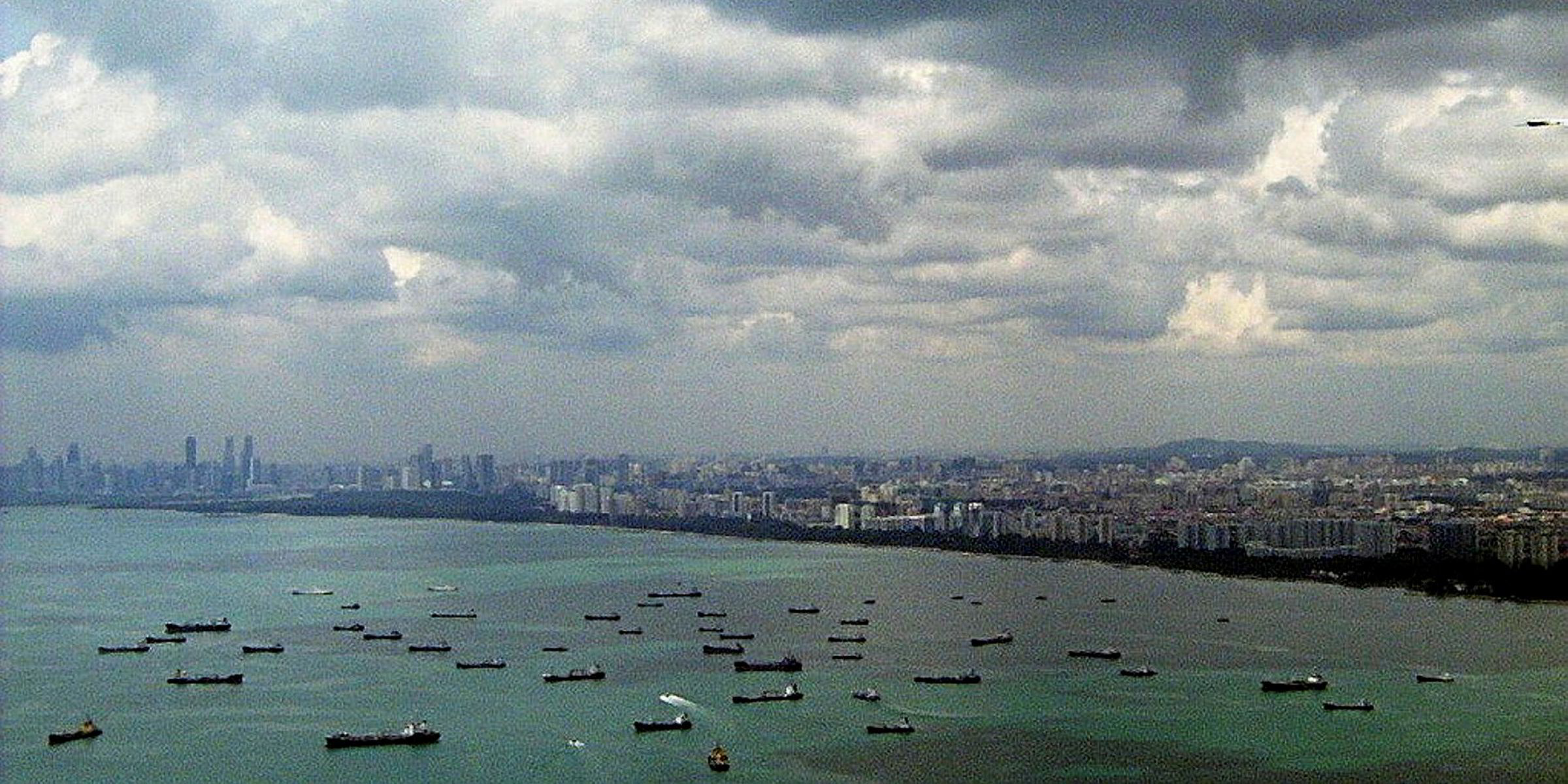Dubai-headquartered Emirates Maritime Arbitration Centre (EMAC) is working to join London, New York, Hong Kong and Singapore as one of shipping’s preferred locations for resolving legal disputes.
But the organisation, which was launched in 2016, is not aiming to replace any of these centres. Rather, it is focused on becoming the arbitration tribunal of choice for regional shipping players in the Middle East, with the goal of supporting the maritime cluster of the United Arab Emirates (UAE).
The EMAC hopes its first major case, which is currently being heard, will be a key step towards achieving that ambition.
The EMAC now hopes its first major case, which is currently underway, will be a key step toward achieving that ambition.We are trying to get maritime businesses in the region to shift to specialised arbitration. We have to convince everybody that they would be better off in arbitration rather than in Arabic courts that are not specialised in maritime law
Richard Briggs
“We are trying to get maritime businesses in the region to shift to specialised arbitration. We have to convince everybody that they would be better off in arbitration rather than in Arabic courts that are not specialised in maritime law,” Dubai-based shipping lawyer Richard Briggs said.
He has been involved with the development of the EMAC since its inception and sits on its executive committee and board of trustees..
Global outlook
Briggs pointed out that many regional maritime disputes, whether they are linked to trade, commodities or logistics, involve multinational participants and jurisdictions.
He said that having such cases heard in Arabic courts is disliked by foreign participants due to their unfamiliarity with Arabic law, language issues and the ability to enforce judgments outside the court’s geographic jurisdiction.
While the EMAC’s main focus is regional, the organisation is promoting itself globally so that foreign entities are aware of its existence and are comfortable with it to the point of being willing to have EMAC arbitration clauses inserted into contracts with regional counterparties.
“We have received a good reception in London, Singapore and the other major maritime centres that we have visited, but of course we are never quite sure whether this is out of enthusiasm or politeness,” Briggs said.
Exactly how much traction EMAC has gained over the past three years is difficult to gauge. Briggs said that it is impossible to know who exactly is using its clause in contracts.
“What we do know is that a number of large players are using our clause in one way or another.”
Several Dubai-based maritime lawyers indicated to TradeWinds that they have seen the EMAC mentioned in contracts, but not to a large degree.
They suggested that the organisation is still too young to have earned a solid reputation as a viable dispute-resolution centre.

As an arbitration centre, we don’t expect to be making money quickly. We anticipate that it will take between five and 10 years to get fully up and running
Richard Briggs
“What EMAC needs are a couple of high-profile landmark cases to put them on the map,” suggested one lawyer who did not wish to be named.
That may be coming soon.
First big case
Briggs revealed that the EMAC is in the process of handling its first big case. Due to the strict confidentiality of arbitration proceedings, he did not share much in the way of detail.
“All I can say is that it is a large claim with a counterclaim, and involves multiple parties,” he said.
Although some in Dubai’s legal circles suggested that the EMAC is off to a slow start, Briggs says the organisation is satisfied with its development so far.
“As an arbitration centre, we don’t expect to be making money quickly,” he said.
“We anticipate that it will take between five and 10 years to get fully up and running.
“During this time our focus is to refine the rules to make it more efficient, to build up our list of arbitrators, and to get people in the region to use the clause.”
The EMAC has a panel of 48 arbitrators, 23 mediators and 26 experts.
Briggs described the panel members as being a mix of big international names and well-known people from the region.
A survey of panellists on the EMAC website shows a geographic spread from London to the Middle East and Asia.
EMAC describes its arbitration proceedings as being “light touch” rather than informal.
A range of options are being developed including expedited arbitration for cases of less than $1.9m.
There is a set of rules that have to be followed, but the arbitration can be conducted under any law and meetings can be held in any location.
“Rules-based arbitration works better in the Middle Eastern jurisdictions, but we don’t want to be so rules-based that it adds to the cost,” Briggs said.
Competitive cost
He also stressed that every attempt is being made to keep costs as competitive as possible.
The EMAC sits beneath DIFC Courts, an independent English language common-law judiciary is based in the Dubai International Financial Centre.
The UAE is a signatory to The Convention on the Recognition and Enforcement of Foreign Arbitral Awards — also known as the New York Convention — so EMAC arbitrations can be stamped as a judgment under the DIFC Courts and go for enforcement without needing to go before the Arabic Courts in Dubai.
They can also be enforced in the legal jurisdictions of countries that have also signed up to the New York Convention.





